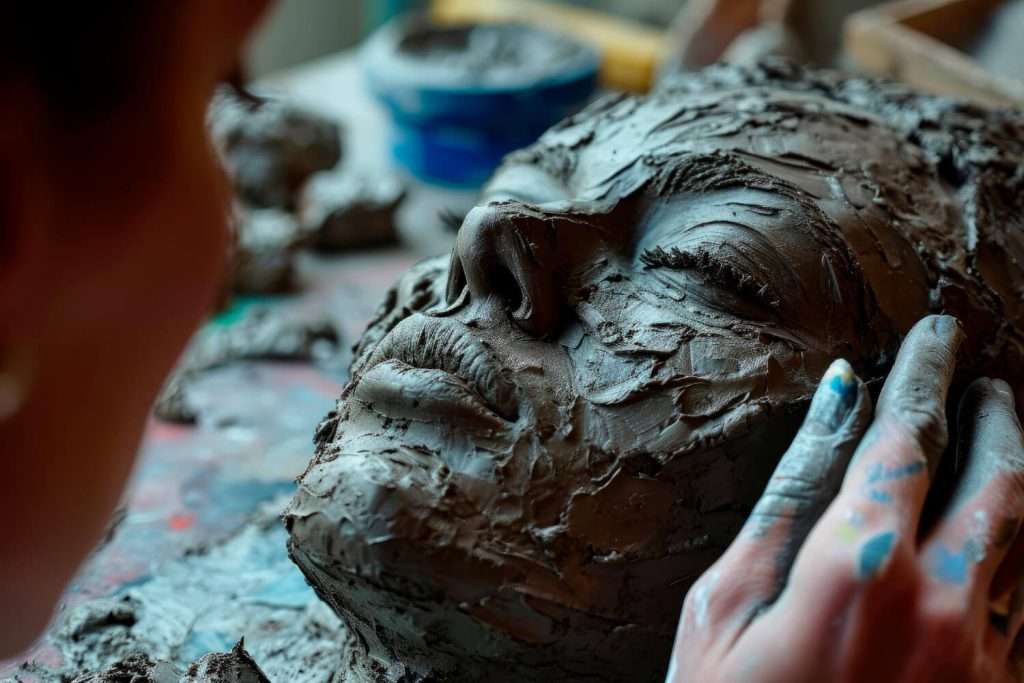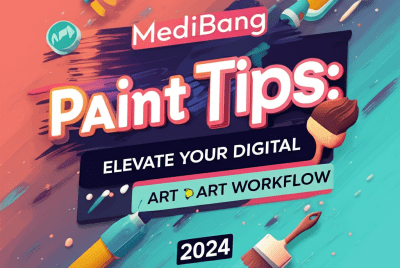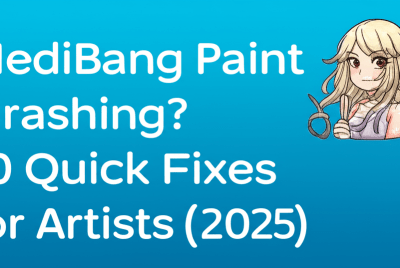The design industry is worth $45.4 billion with a large chunk belonging to agencies, the ultimate dream of designers wanted for the life of retainers, the thrill of owning a thriving business or working with dedicated professionals.
But when asked if he wanted to own one, designer Ben Obot reveals he would rather work solo for the time being.
The designer reveals his reasons in the following paragraph namely the complexities associated with running an agency such as taxation and client debt which may designers are not privy to.
Stick around below for reasons why you shouldn’t consider a design agency yet
The History of Agencies

The history of agencies dates back to Wiener Werkstätte the first design agency owned by painter Koloman Moser and the architect, Josef Hoffmann in 1903. The agency however consisted of traditional professions such as sculptors, painters and architects. Not until the advancement of the 1984 Macintosh did design agencies include of the roles we know today such as graphic design, UI/UX, and illustration.
For a long time agencies were also the go-to for individuals interested in graphic design as a profession; they offered tools like the best laptop for graphic design and exposure to high-end briefs. Agencies also offered consistent pay, making them one of the places talented individuals dreamt of being.
The digital age however broke this monopoly by enabling clients seek designers directly and vice versa thanks to the internet. The advancement of devices also meant more designers could afford budget laptops for graphic design and thus the world of freelance vs agency vs inhouse design emerged with the first two being top contenders.
But How Do Agencies Actually Differ From Freelancing
The differences between the two goes beyond working directly with clients or working without an organization behind your back. These differences Ben Obot reveals are reasons why owning an agency just isn’t the right move for him now. Here they are.
1. More Paperwork Than Freelancing

Ben Obot prefers the life where working with clients involves less paperwork rather than elaborate ones. According to him, the legal aspects involved in running an agency are steep for a designer just starting out and could gulp funds away right from the beginning. These include
Taxation: Agencies accruing above 25 million Naira are required to pay 20% percentage of earnings to government. As a freelancer all the money you make of a gig on Facebook belongs to you but as an agency all the money you make is yours…and the government’s too.
Court cases: Agencies with signed terms and conditions are privy to court cases with clients: In 2010, clothing retailer The Gap, Inc. filed a lawsuit against the graphic design agency Laird & Partners. The lawsuit alleged that Laird & Partners failed to deliver satisfactory advertising campaigns despite being paid millions of dollars. For freelancers it’s unlikely your DM sliding client asking for a brochure has any intent of suing you for not capturing brand essence completely. There could, be a demand for a refund but with an agency this demand involves compensation charges beyond the paid amount.
2. Financial Woes

Financial woes of an agency occur from three main points as highlighted by Ben.
Having To save up capital: Ben Notes an agency owner just starting up should have huge figures saved for dry spells or when seeking their first-time client. With an absence of monthly paycheck, these saved sums become sources of payment for agency owners. To start one a designer should have at least one year of salaries saved up according to Ben.
Financing salaries: Unlike freelancing where dry spells mean lack of inflow for you alone, in an agency there are other mouths to feed in respect to staffs. This makes dry spells bite harder for agencies owners since regardless of how much comes in, workers’ salaries are met.
Clients owe agencies big time: Big time clients require longer time to sort out payments or design agencies. A commercial for a client could see everyone from cameramen to makeup artists get paid before the design agency. The huge fee paid to agencies accounts for this but the long wait period could be unbearable often requiring agencies to finance operations out of pocket. This scenario, Ben would rather avoid.
3. The Politics Will Make You Tick:

Agencies aren’t all equal with some having higher connections than others.
Agencies possess steeper connections than others making juicy bids i.e competitive submission of proposals become a privilege. Ben makes a good point when he asks” if anyone has ever seen top brands request for bids”. According to Ben the bids for top brands aren’t publicized but made known to only those with the right connections. For a starting agency without these connections, the juicy bids required to fund his startup could be out of his reach.
4. Independence and Autonomy

As a freelancer, you have complete control over your schedule, workload, and the projects you take on. You can choose to work with clients that align with your interests and values, and you have the freedom to set your own rates and terms. Owning an agency often involves managing a team, dealing with administrative tasks, and accommodating the needs of multiple clients, which can limit your independence and autonomy.
5. Flexibility

Freelancers have the flexibility to work from anywhere they choose, whether it’s from home, a coworking space, or while traveling. They can also adjust their work hours to fit their lifestyle and personal commitments. In contrast, owning an agency may require a more structured work environment and fixed operating hours to manage team collaboration and client meetings.
But Ben Wants to Own an Agency.
Ben Wants an agency his own someday. It’s the ultimate dream showing how well he’s come and gives him the opportunity to mentor others in a professional setting. He explains however that it’s not something rushed into without forethought or indicators that you can manage one.
How do you know if you’re ready to own one?
Ben Believes the indicator of owning your own agency comes from retainer i.e payment made to ensure the availability of design services and prioritize the client’s projects over other potential work. Unlike one-off payments which don’t come regularly a good retainer ensures availability of funds for operations. If your freelance design business bags a good retainer or a few then you just might be ready to start your own desing business.

